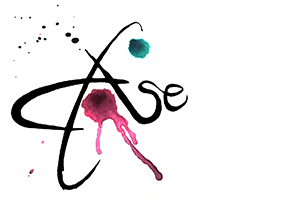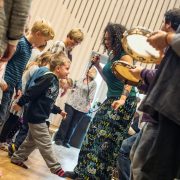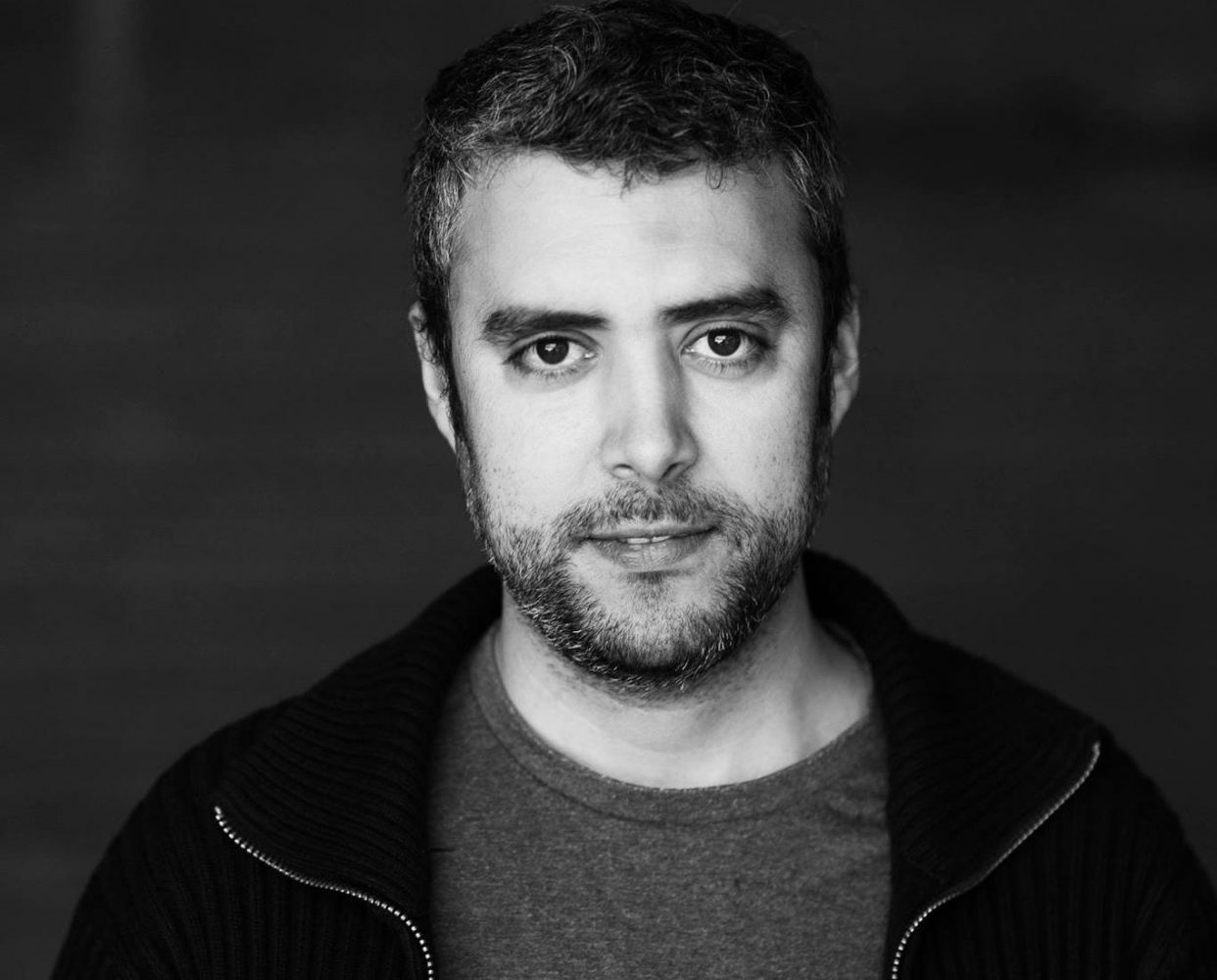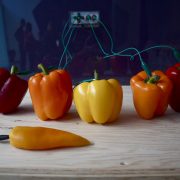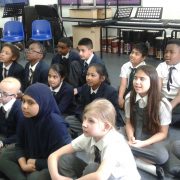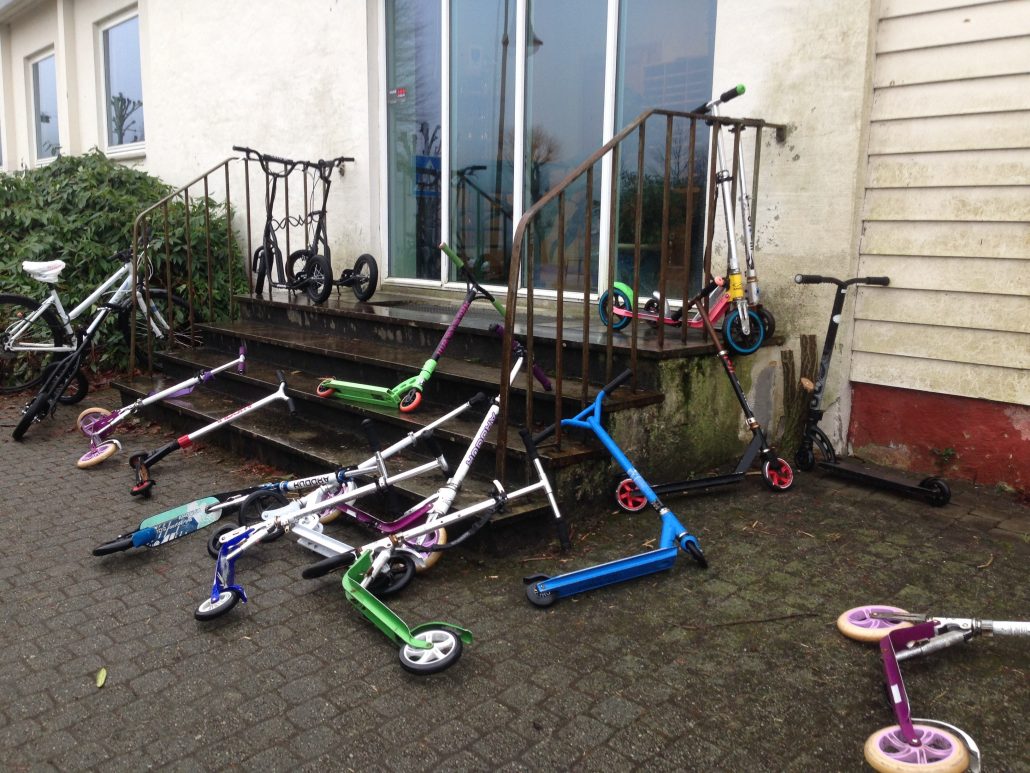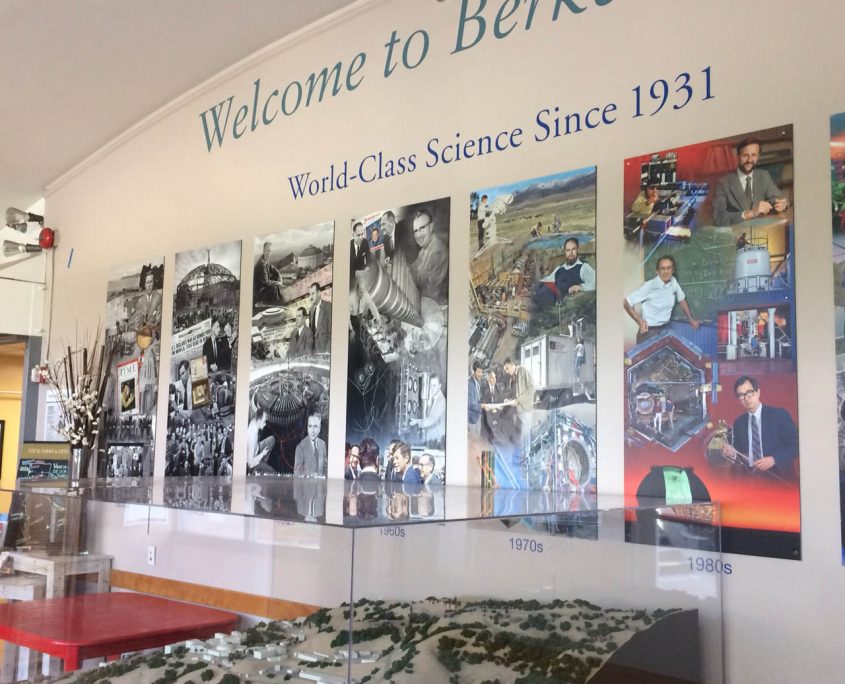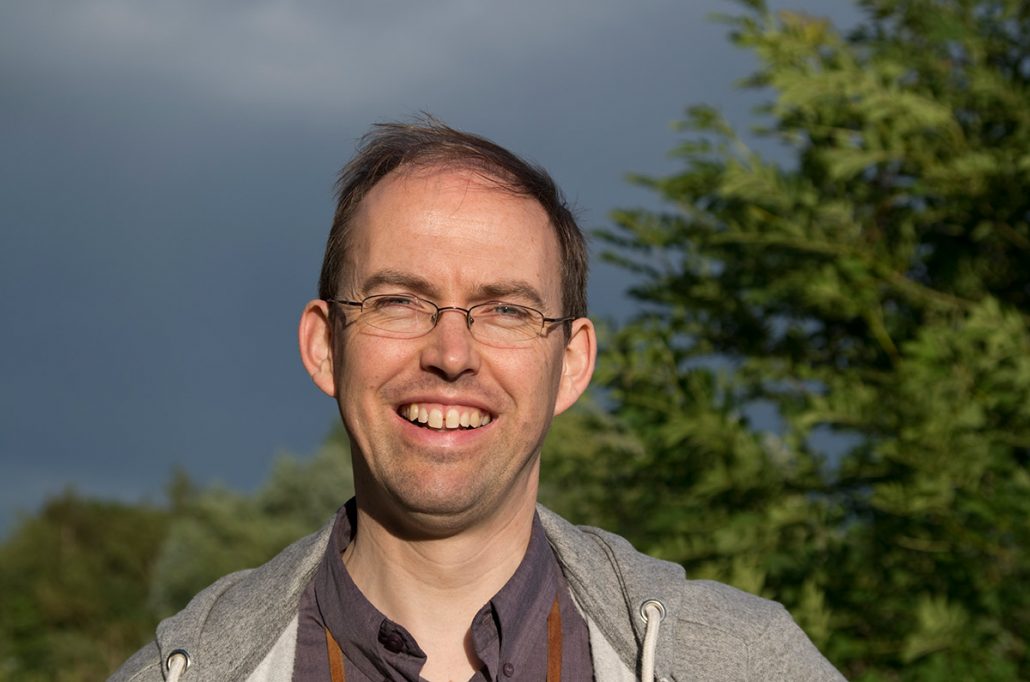Master students and researchers from within the fields of marine biology, astrophysics, and creative and esthetic learning processes from Univ. of California Berkeley, Concordia University, University of Bergen and Western Norway University of Applied Sciences met in Berkeley for a week-long seminar held by the Norwegian Research Council’s project, iSCOPE. The iSCOPE project is designed as a bridge between successful science education methodologies, including ones which are supported by arts education, and the goals which UiB (BIO) aims to reach. Excellence in biology education will be evaluated and enhanced with world-class excellence from physics.
The goals were a) to experiment and develop didactic elements based in the arts and science, so as to further develop the course Biological Data Analysis and Research Design (BIO300) at the University of Bergen, and b) to negotiate the challenges within inter-disciplinary work of this kind as the project begins authoring a series of three publications.
The program was varied and eclectic. An Eco-Scenography at the MITAcademy school (whose Astronomy club is creating a scene for this year’s Global Science Opera) led by Master students from Stord, a a visit to the Monterey Bay Aquarium Research Institute and Monterey Bay Aquarium, and a Science Communication workshop led by Concordia University Master student introduced the participants to new perspectives. An inspirational session with Heavy Metal band Cardinal Wyrm about music as a mechanism in science dissemination, and presentations of research about the Global Science Opera by colleagues from Stord, Norway and Montreal, Canada, were also on the program, as well as much more.
